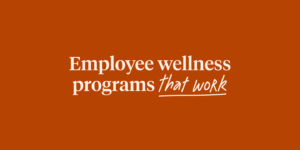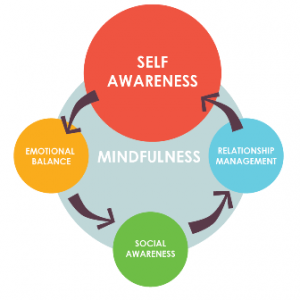Many public & private organizations are introducing “Employee Wellness Programs” to strengthen & immune their human resources, which has eventually […]
People are become wary of using synthetic medicines and have started looking for an alternative approach to healing & wellness
Yoga Helps You Express Stress Relief And Be Healthy
To excel in everything in life is a complex target to achieve. Since we all are not perfect by any
Find Spiritual Coach for Improving the Different Aspects of Your Life
Keeping your sanity intact while dealing with all kinds of thick and thin situations is not a cakewalk. It is
Give Your Soul, Mind & Body a Wellness Retreat with Inner Wellness
It is rightly said that “Health is Wealth” since any person who possesses a healthy mindset can smartly manage to
5 Key Elements of a Healthy Mindset
The emptiness & the void that lives rent-free in the minds & the heart of humans needs to be filled
What Is the Origin of Heartfulness?
For any human being “Peace of mind” is more important than anything else in this world! Anyone who has mastered
7 Ways to Have Peace in Uncertain Times
“The illusion of perfection is an illusion anyway” – Amy Adams I travelled junctions added over junctions in getting the
Look for Perfection?
In all the four stages of human life (juvenescence, Adolescence, maturescence, and senescence), we all engage in improvising ourselves to
Looking For Perfection !!….
We all have heard this often – Everything happens for a reason! The same goes for when the world was
It’s Me Time…
Mindfulness is a state of mind. And a lot of people are trying to practice and achieve mindfulness around the
What are 5 ways that you can practice mindfulness?
The mind said to be the cause of our bondage and the cause of our liberation. It’s in the mind








